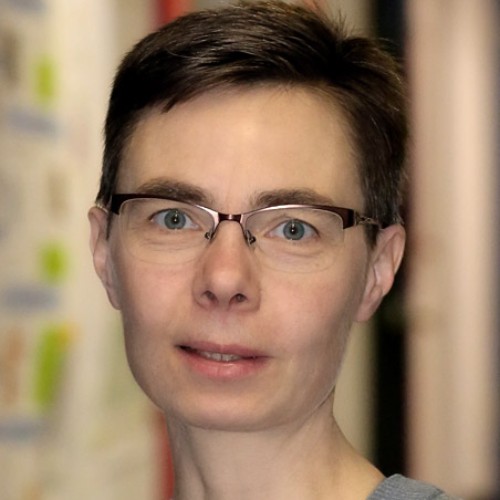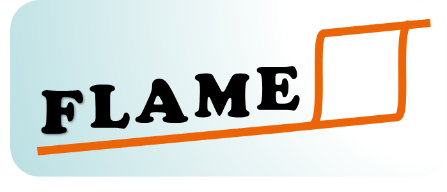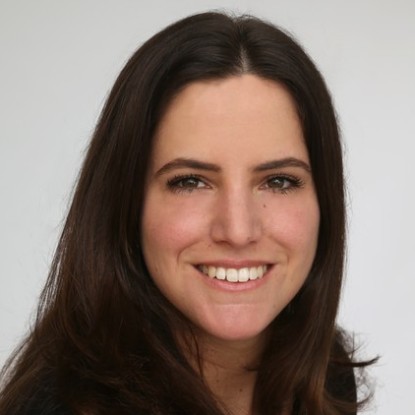
Impact of Lattice Strain on Structure and Electric Properties of Alkaline-Niobate Thin Films
Dr. Jutta Schwarzkopf Section Thin Oxide Films Leibniz-Institut für Kristallzüchtung, Berlin, Germany
Abstract
The solid-solution potassium-sodium-niobate (K,Na)NbO3 represents a class of materials with different functional properties. While NaNbO3 is antiferroelectric at room temperature, the addition of small amounts of K results in a solid-solution with ferro-/piezoelectric properties. However, strictly speaking, this only applies to bulk materials.
In epitaxial films, lattice strain is easily incorporated by the use of lattice mismatched substrates. This causes that NaNbO3 typically exhibits ferroelectric properties. But moreover, it enables an intentional tuning of the electrical properties of oxide thin films if the correlation between lattice strain and phase formation is known. In this talk, this will be discussed for tensile and compressive lattice strain for epitaxial NaNbO3 and (K,Na)NbO3 films grown on different rare-earth scandate substrates by metal-organic vapor phase epitaxy (MOVPE).
About the FLAME-inars
The FLAME-inars are organized by the collaborative project FLAME at TU Darmstadt, in which electronic-structure-property relationships are being developed and exploited to realize novel lead-free antiferroelectric compounds. The seminars will gather experts in processing, characterization and theory to discuss materials and applications, bulk and thin films, fundamental properties, electronic structure & defects, and related aspects.



